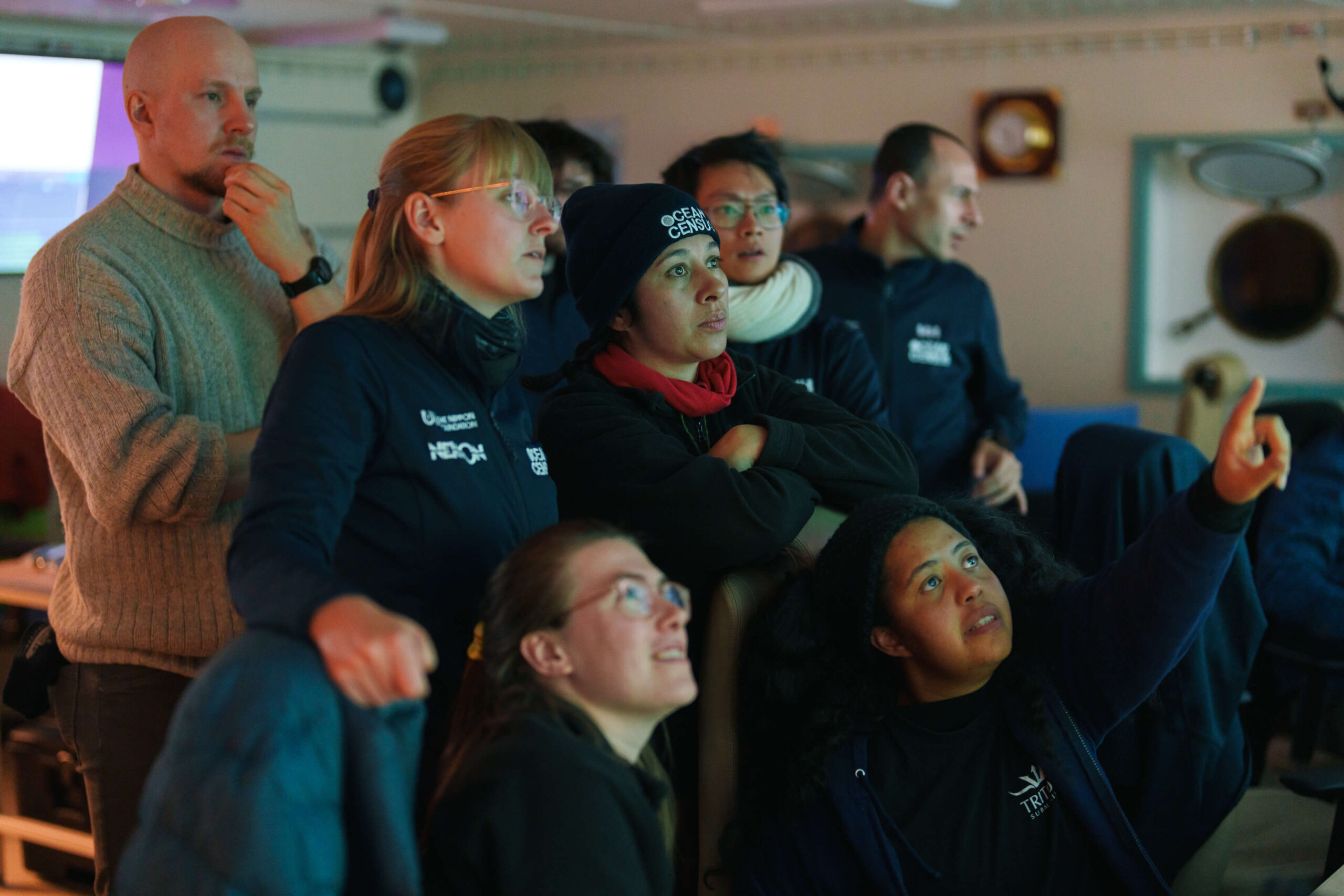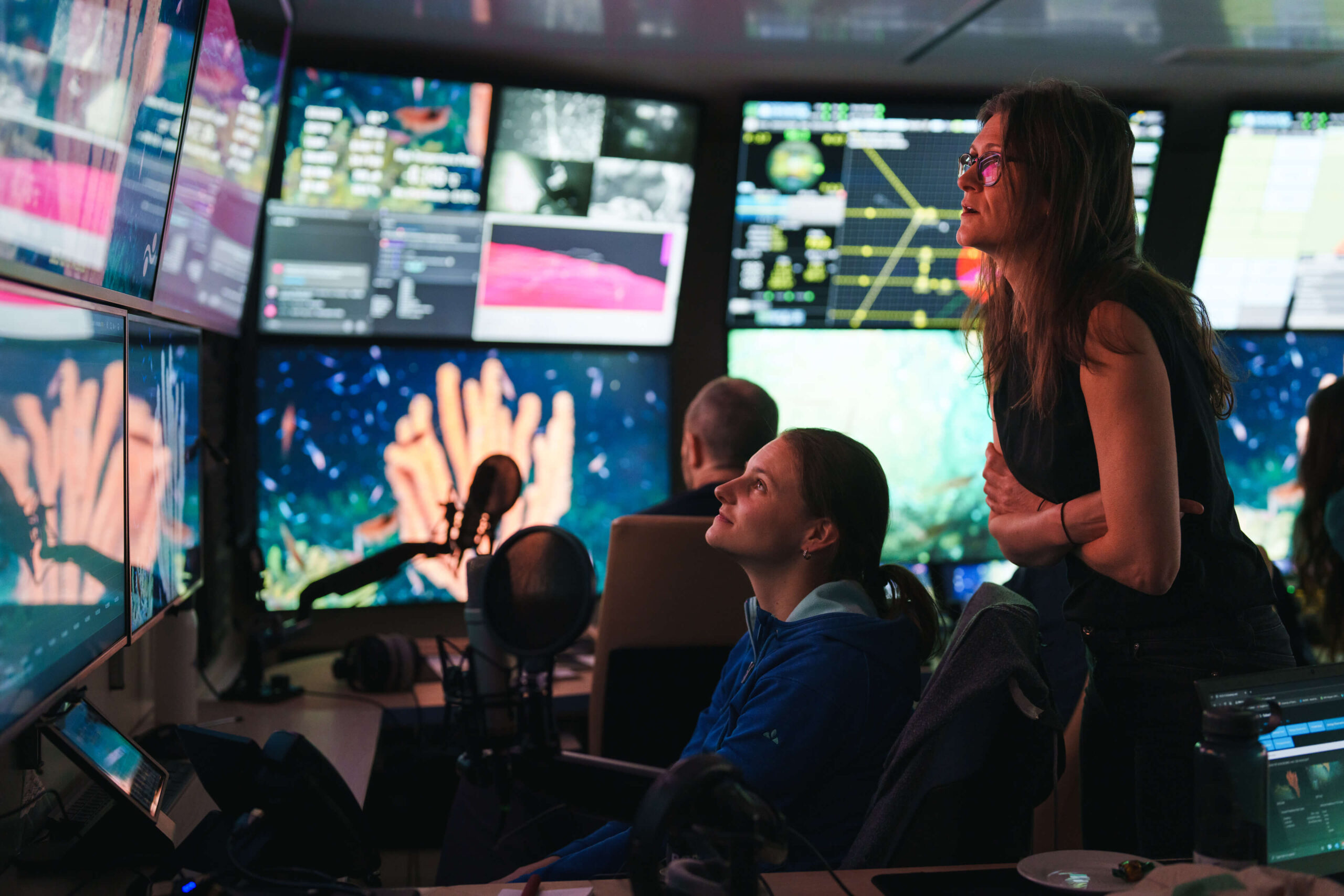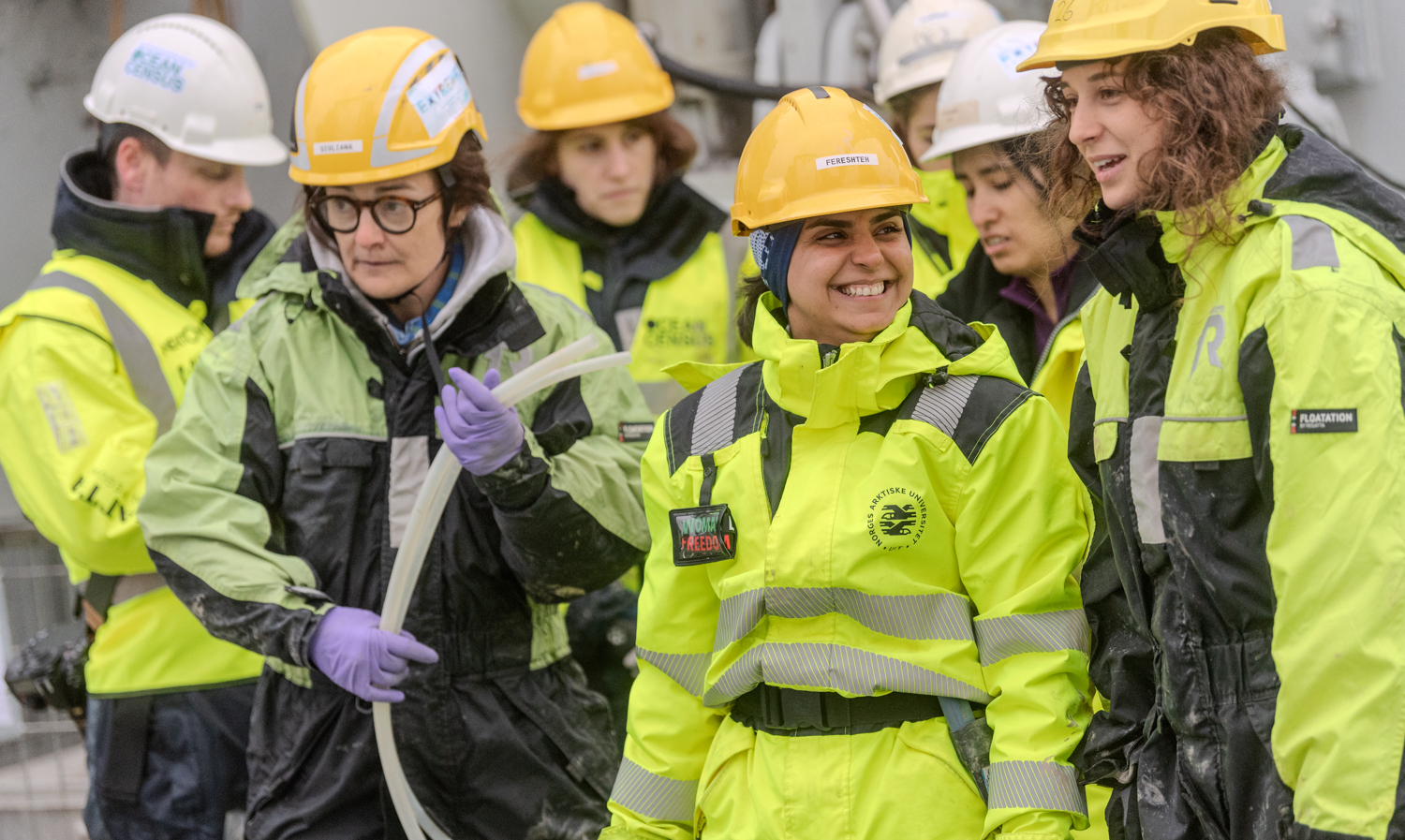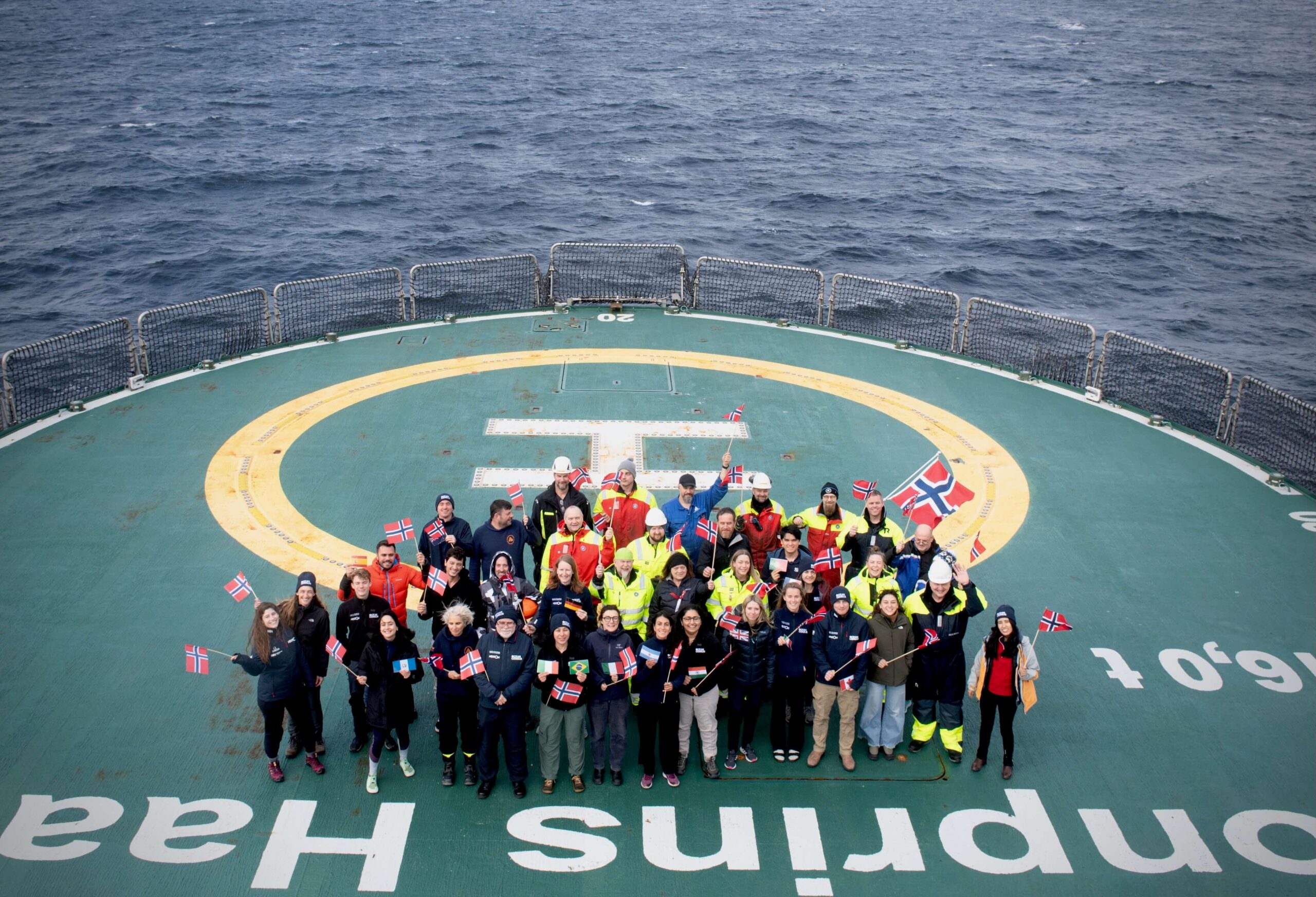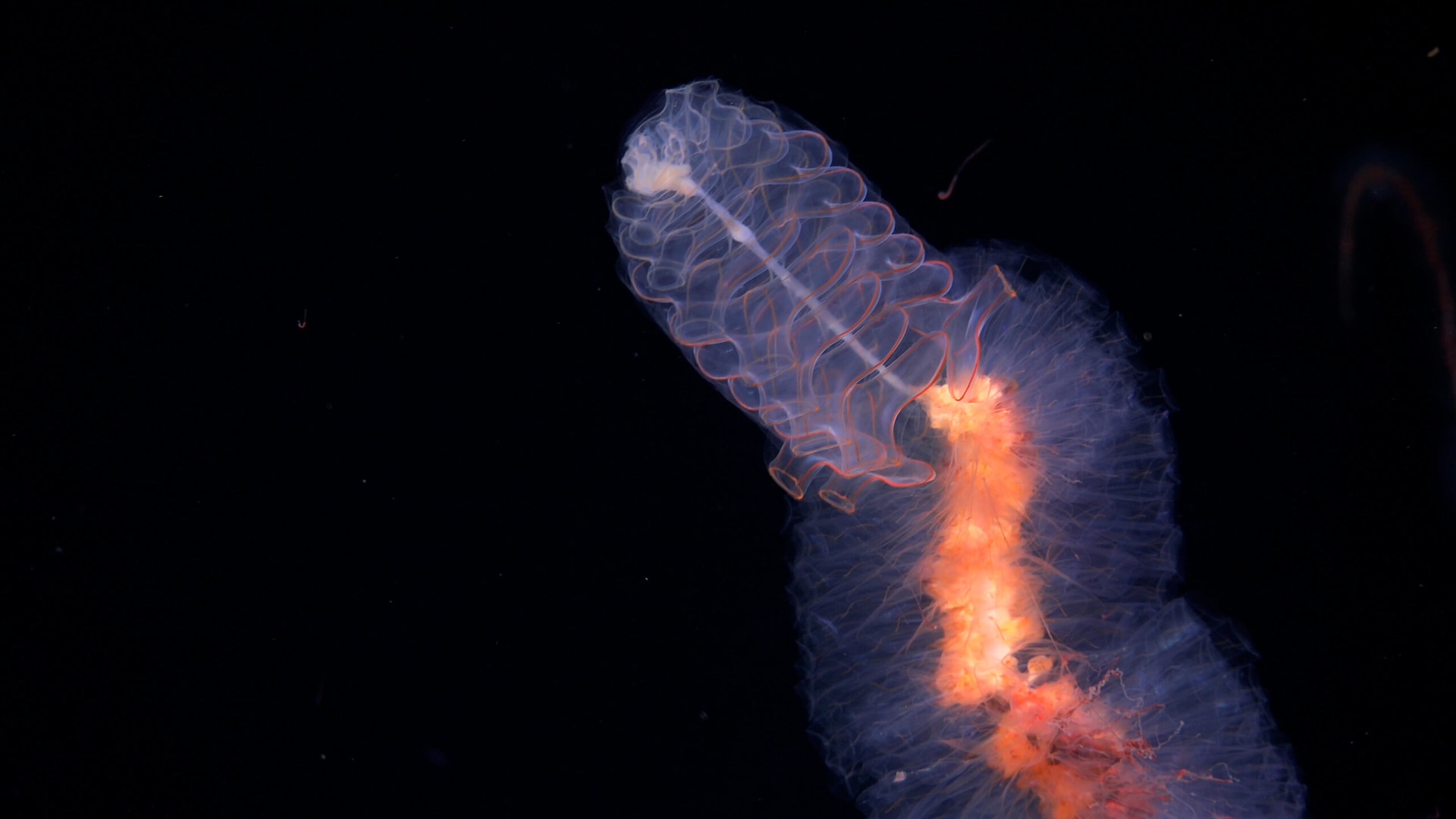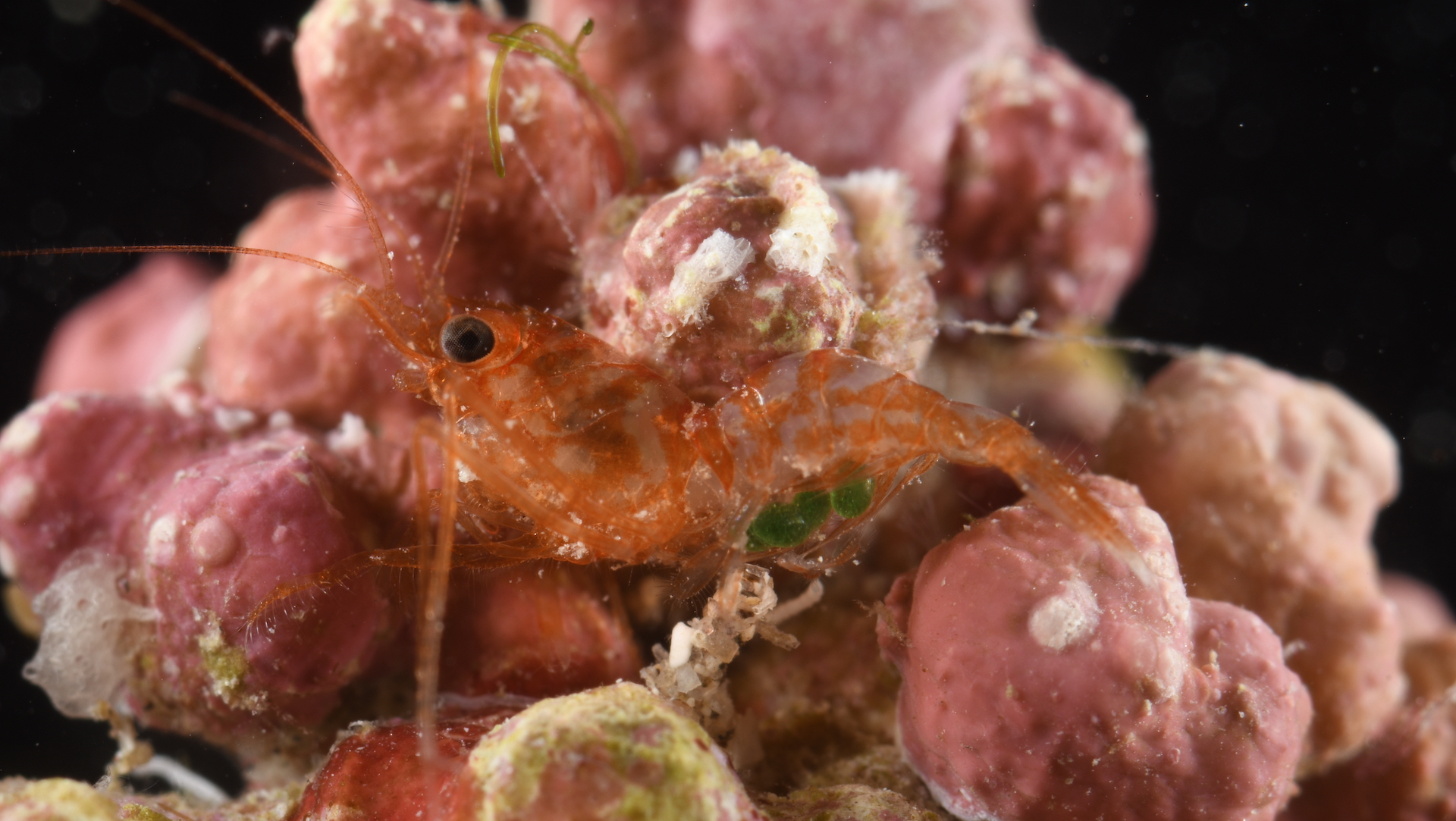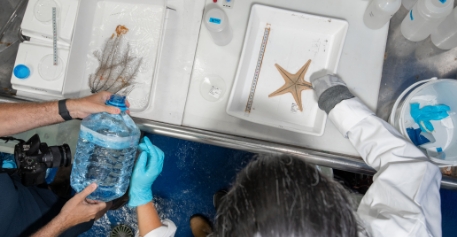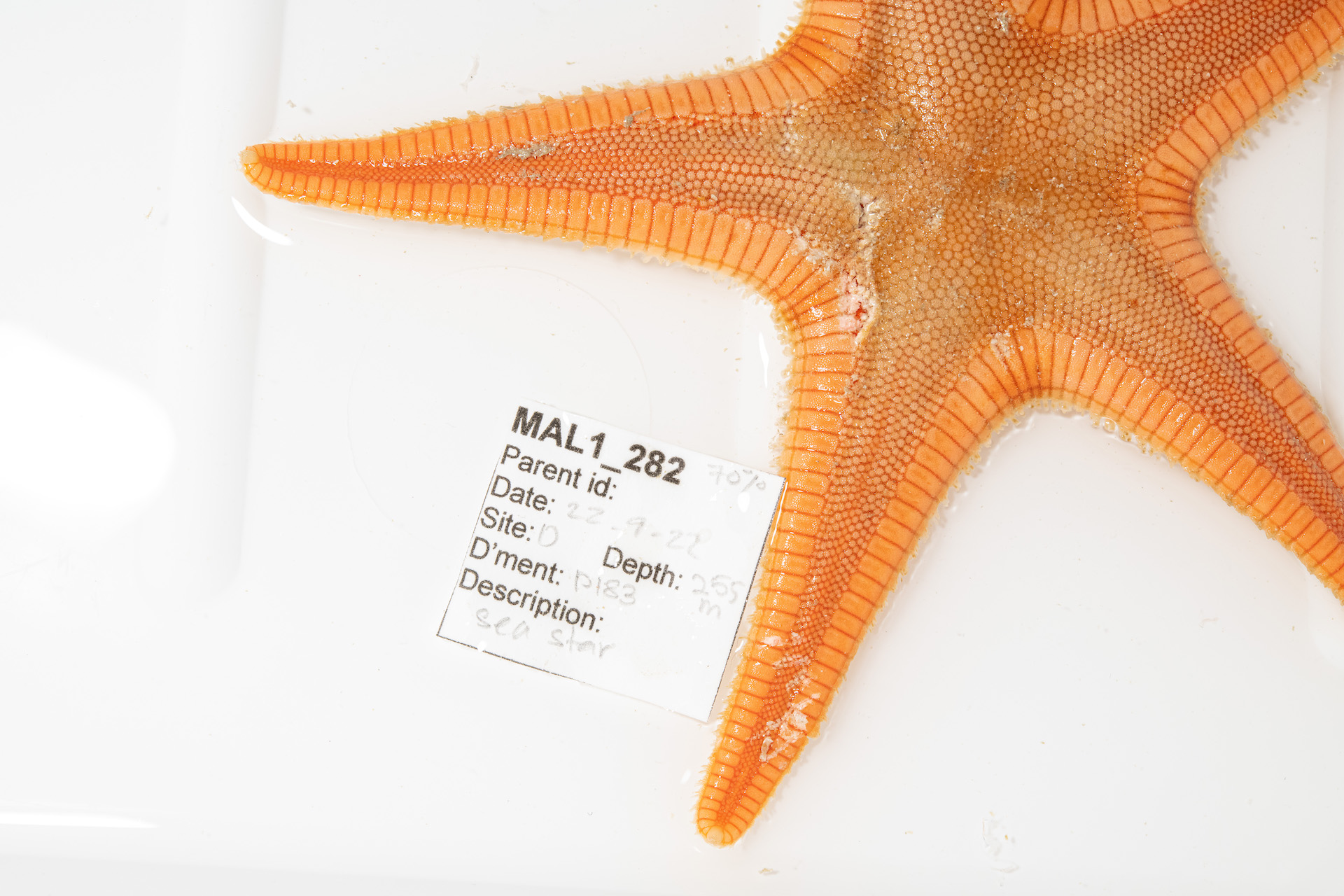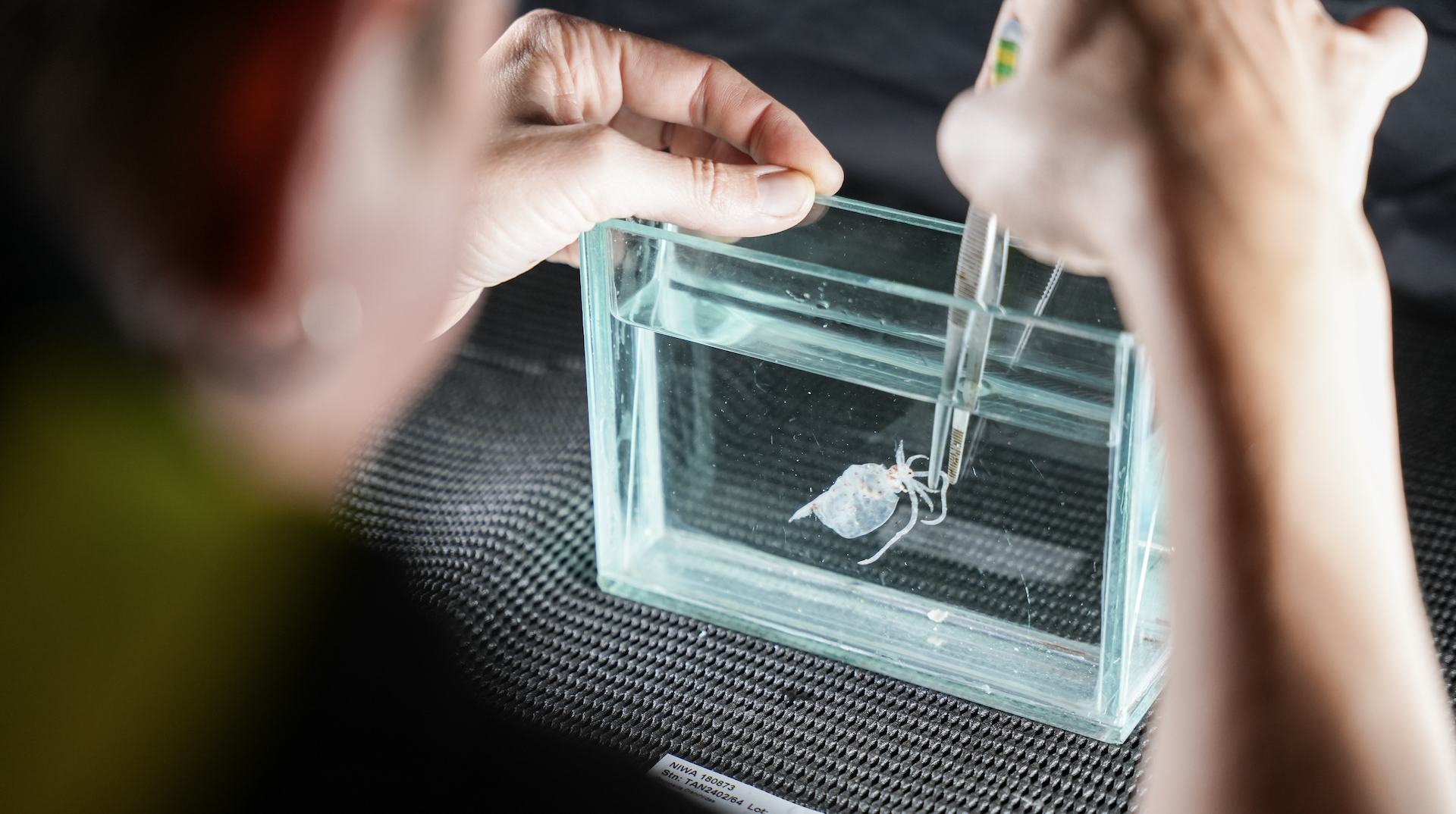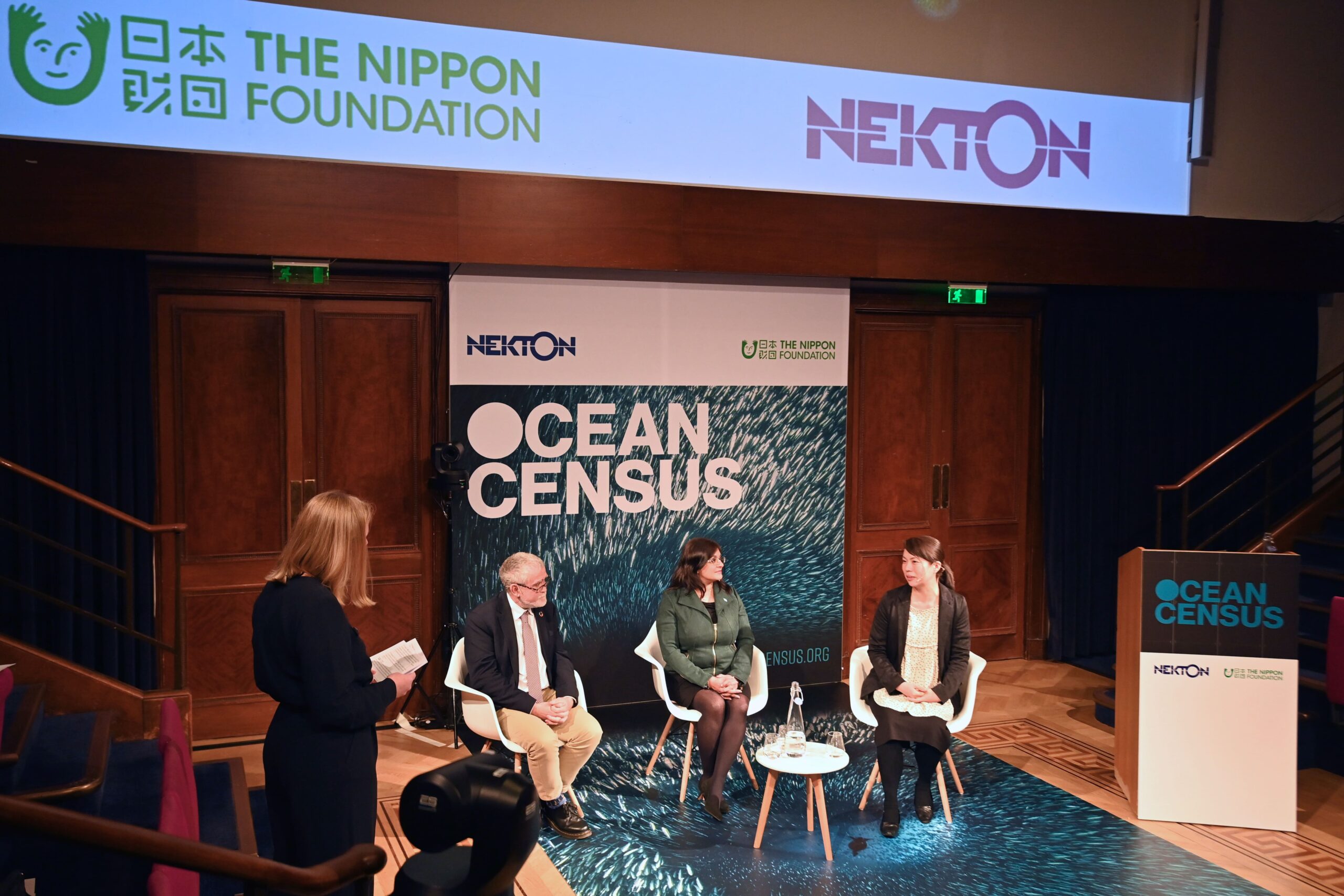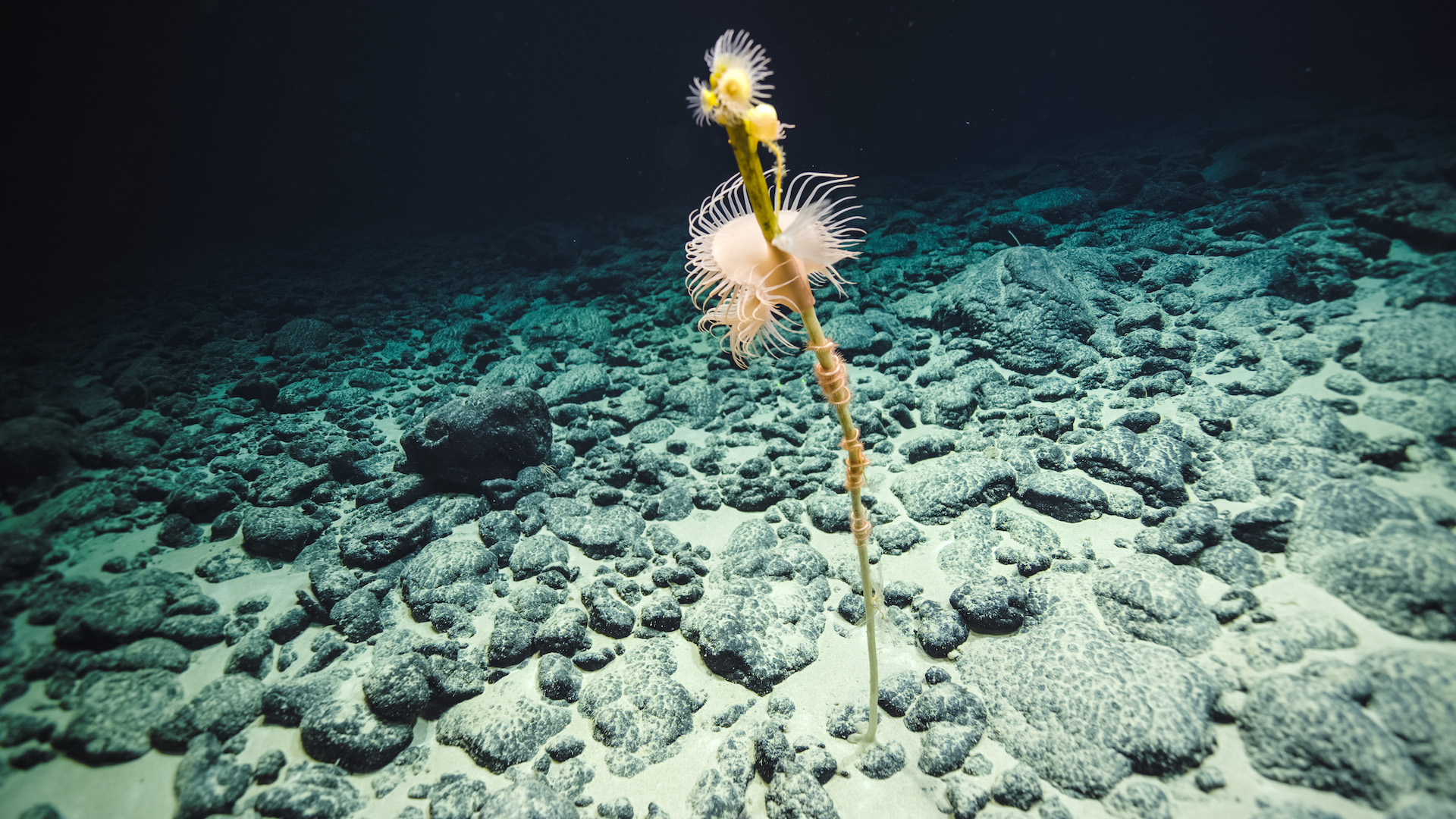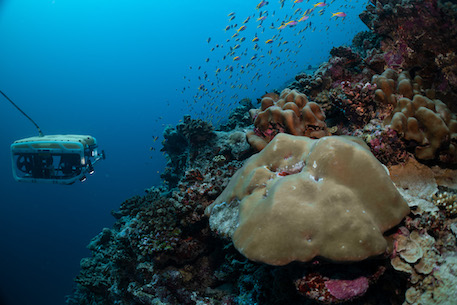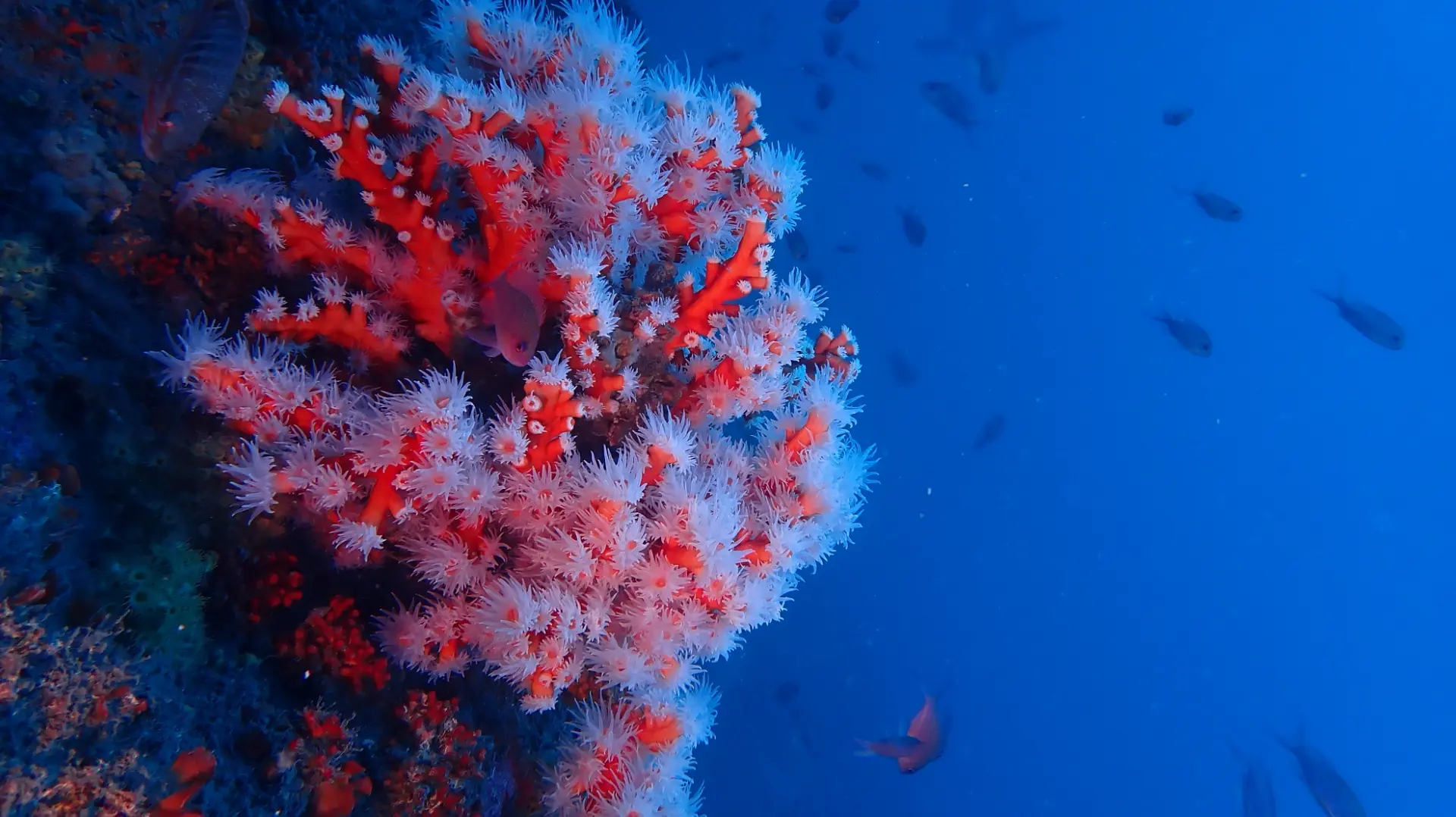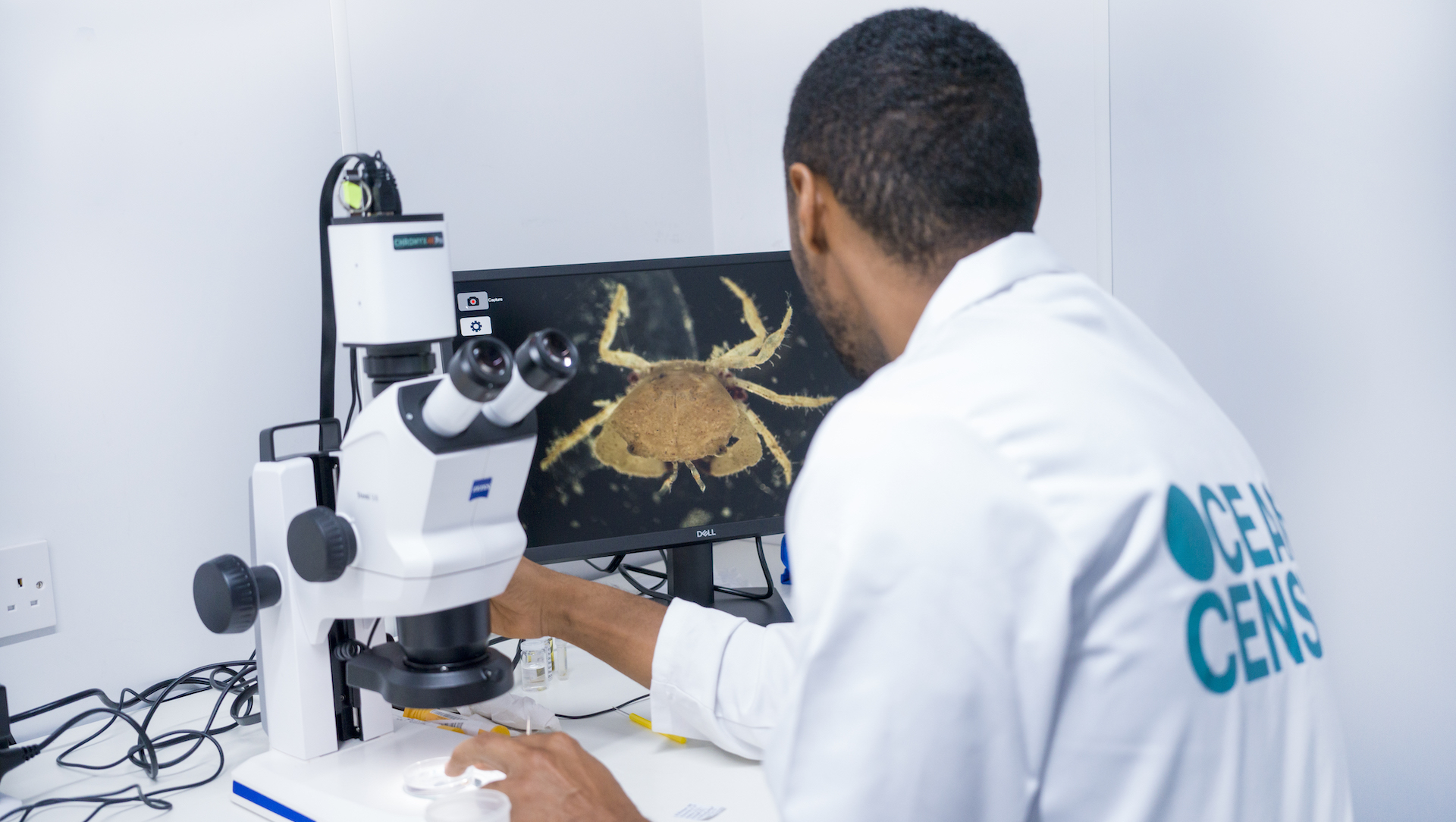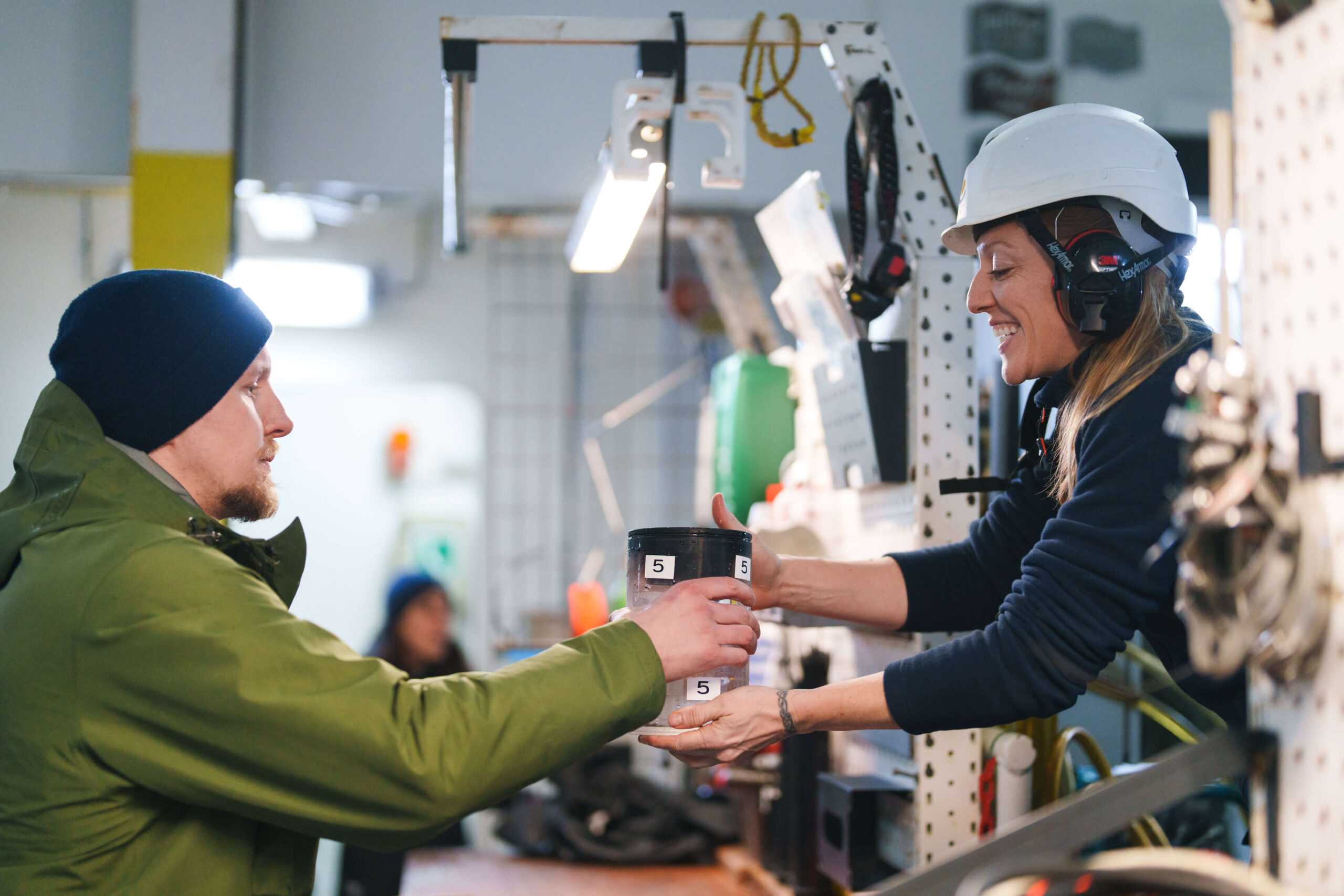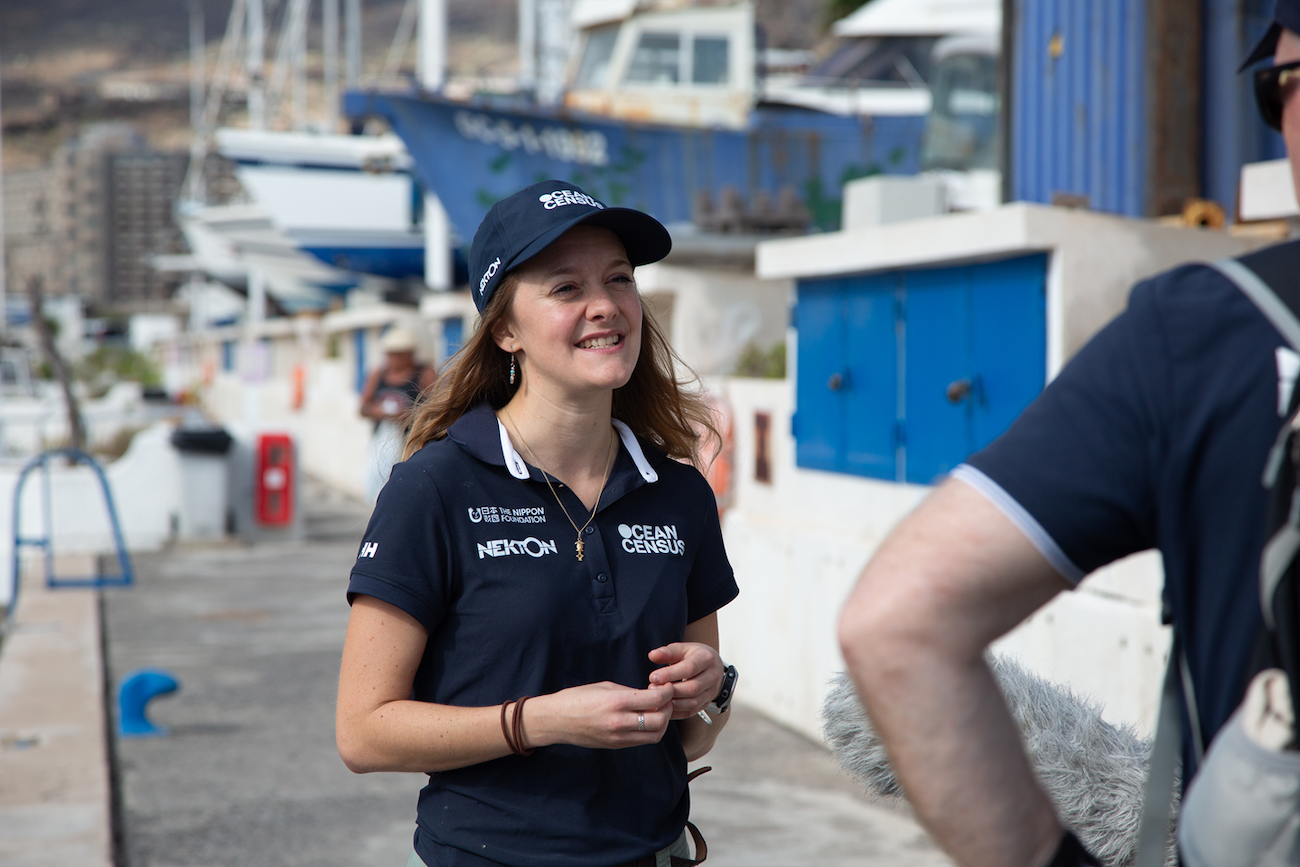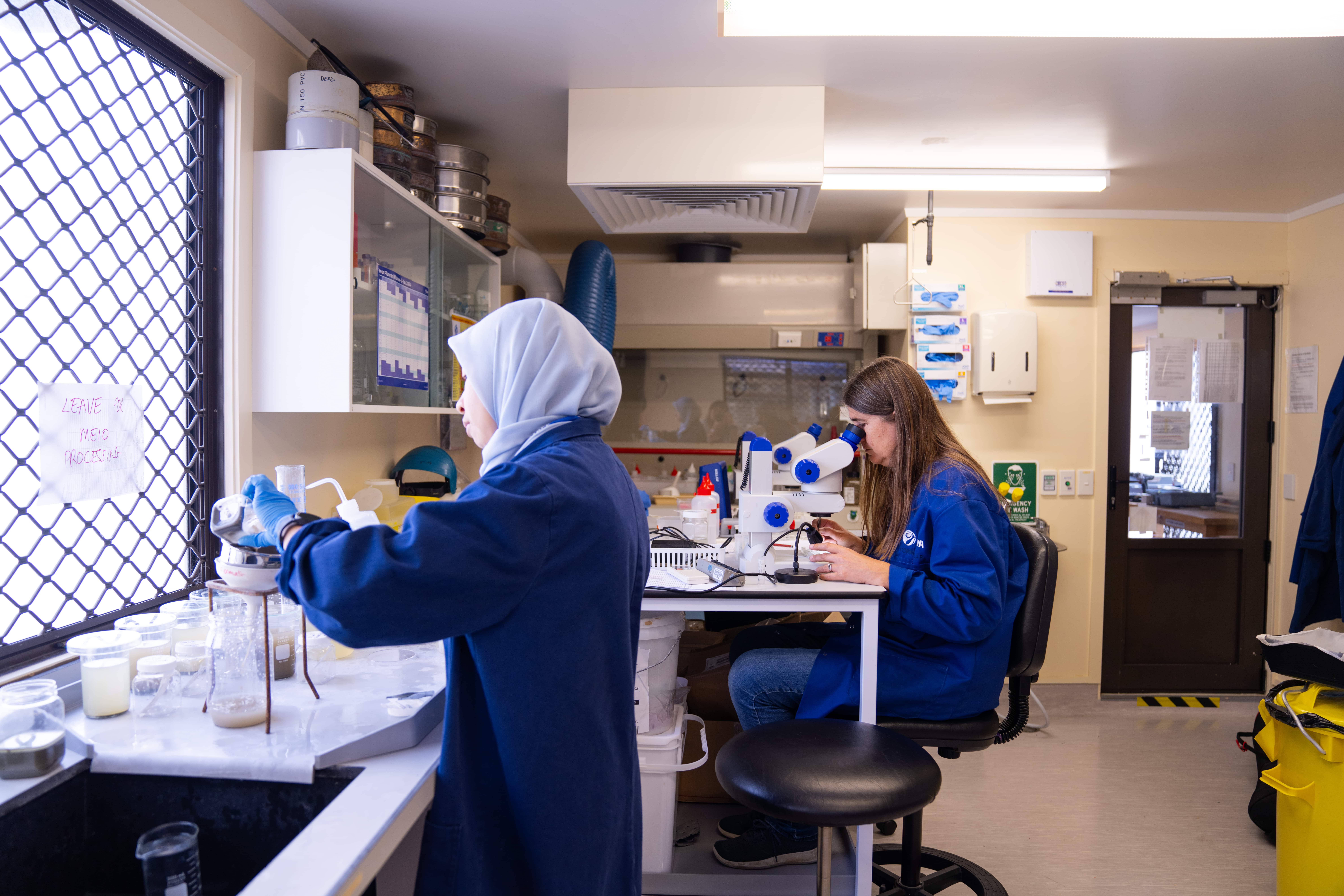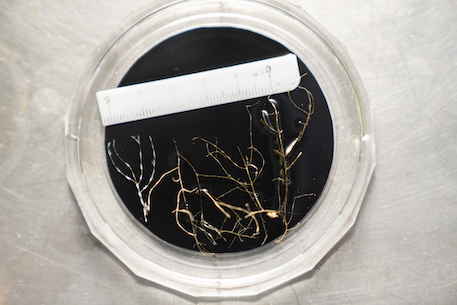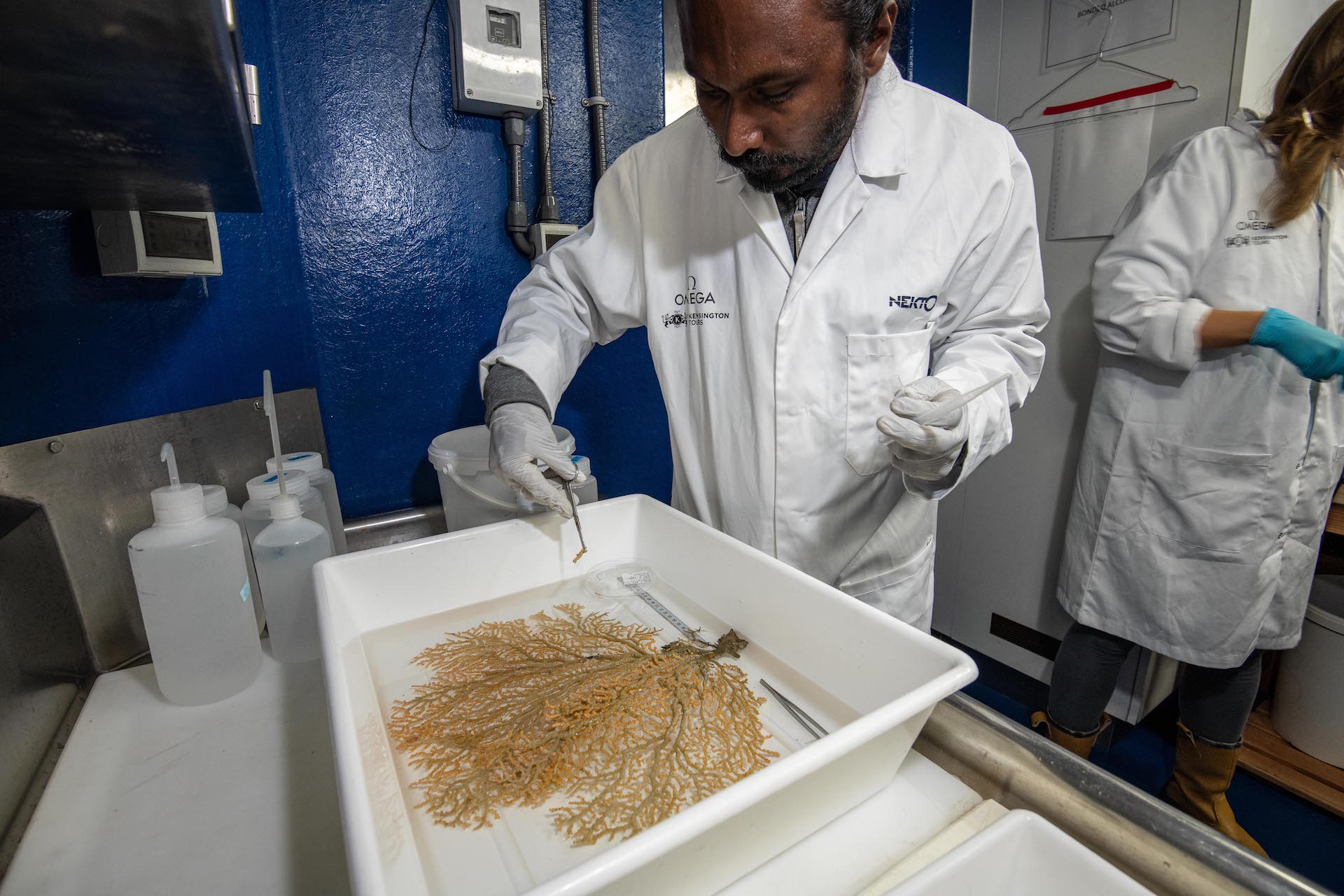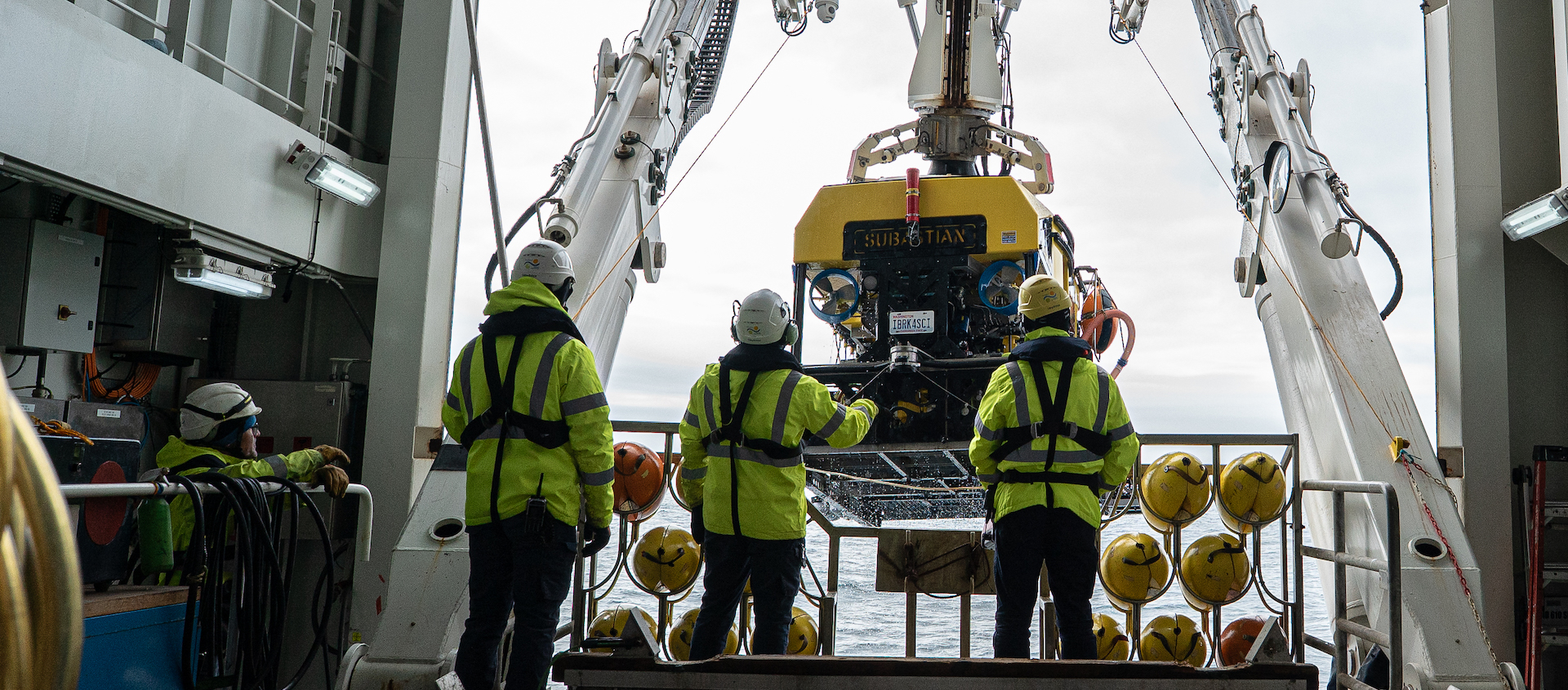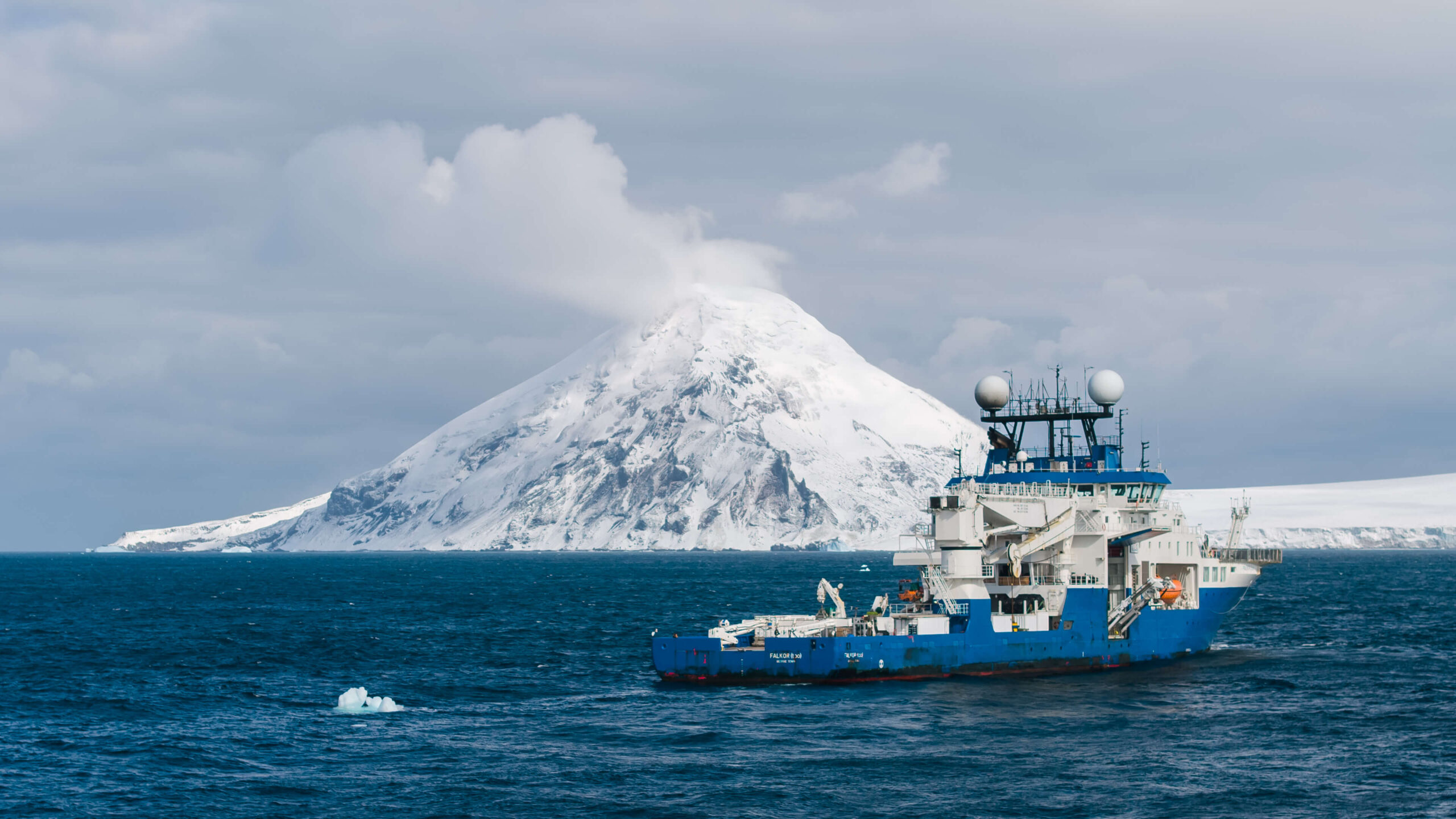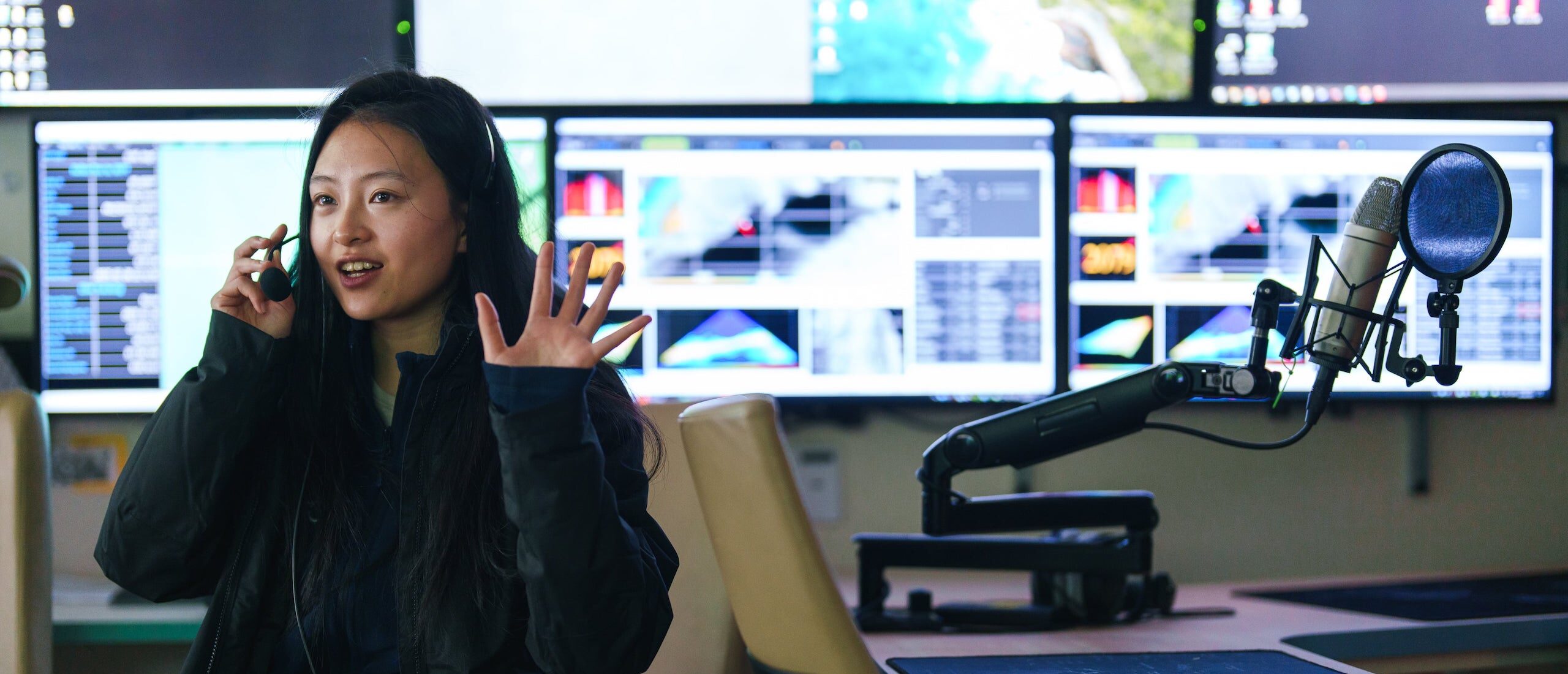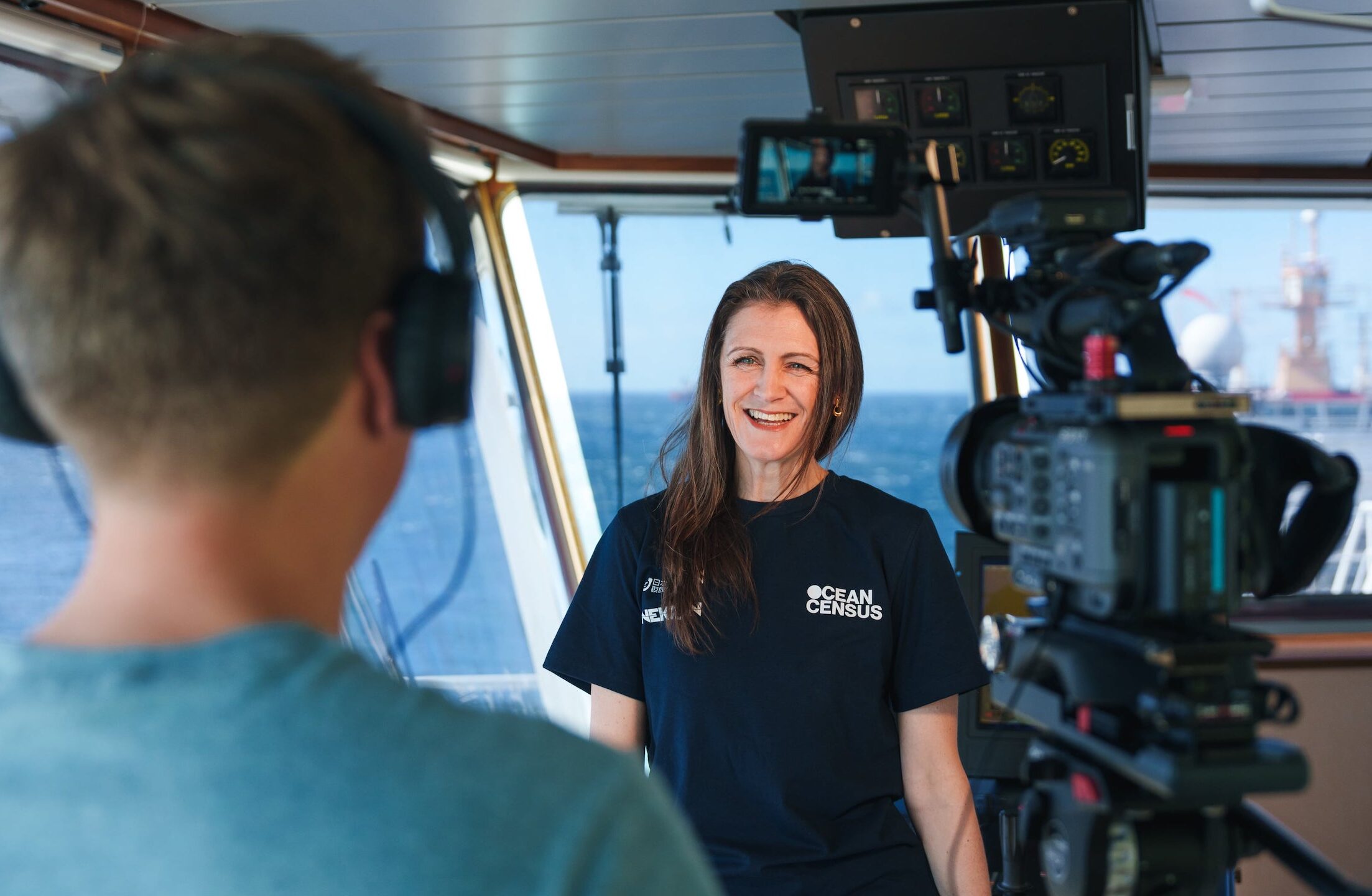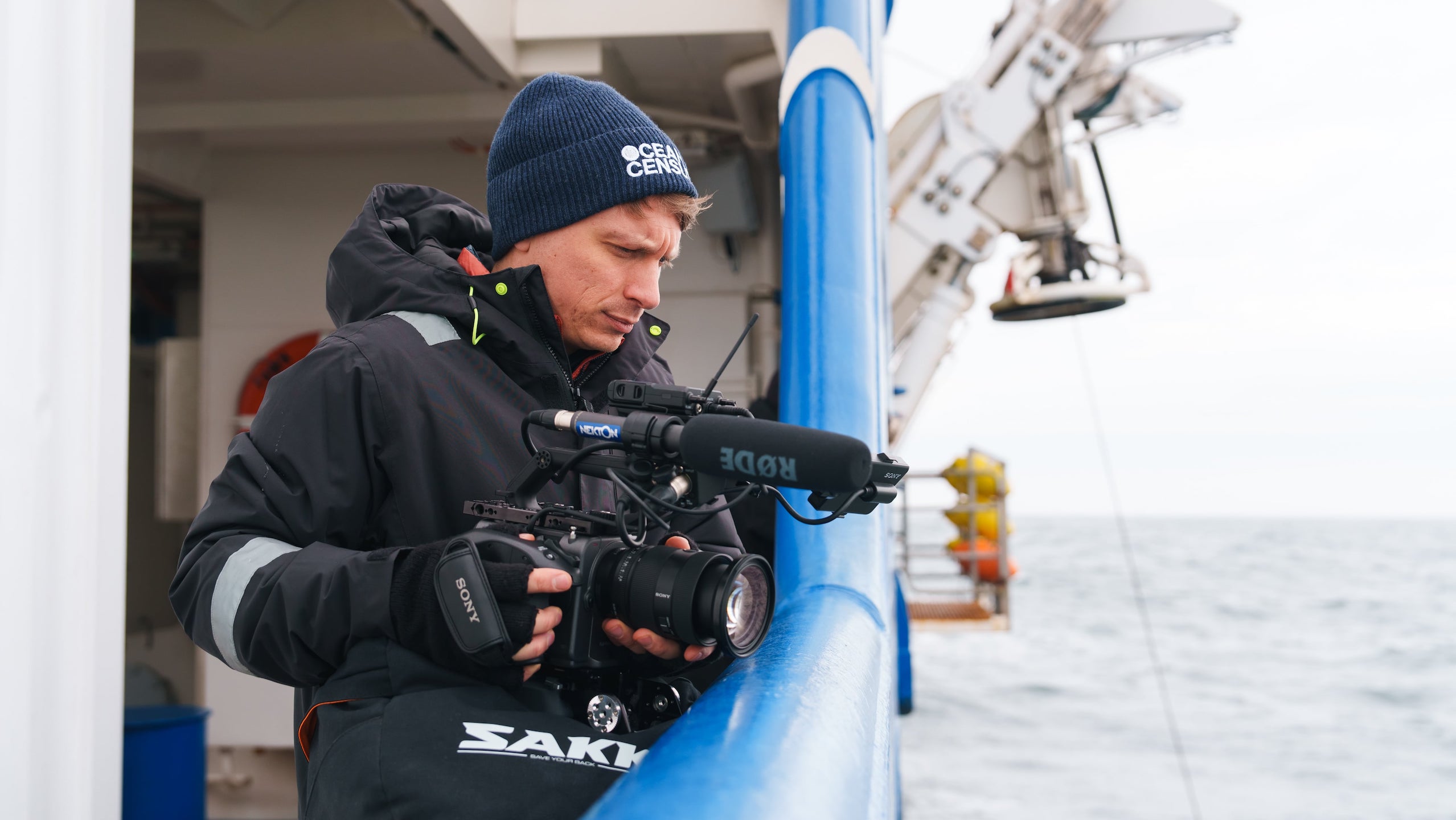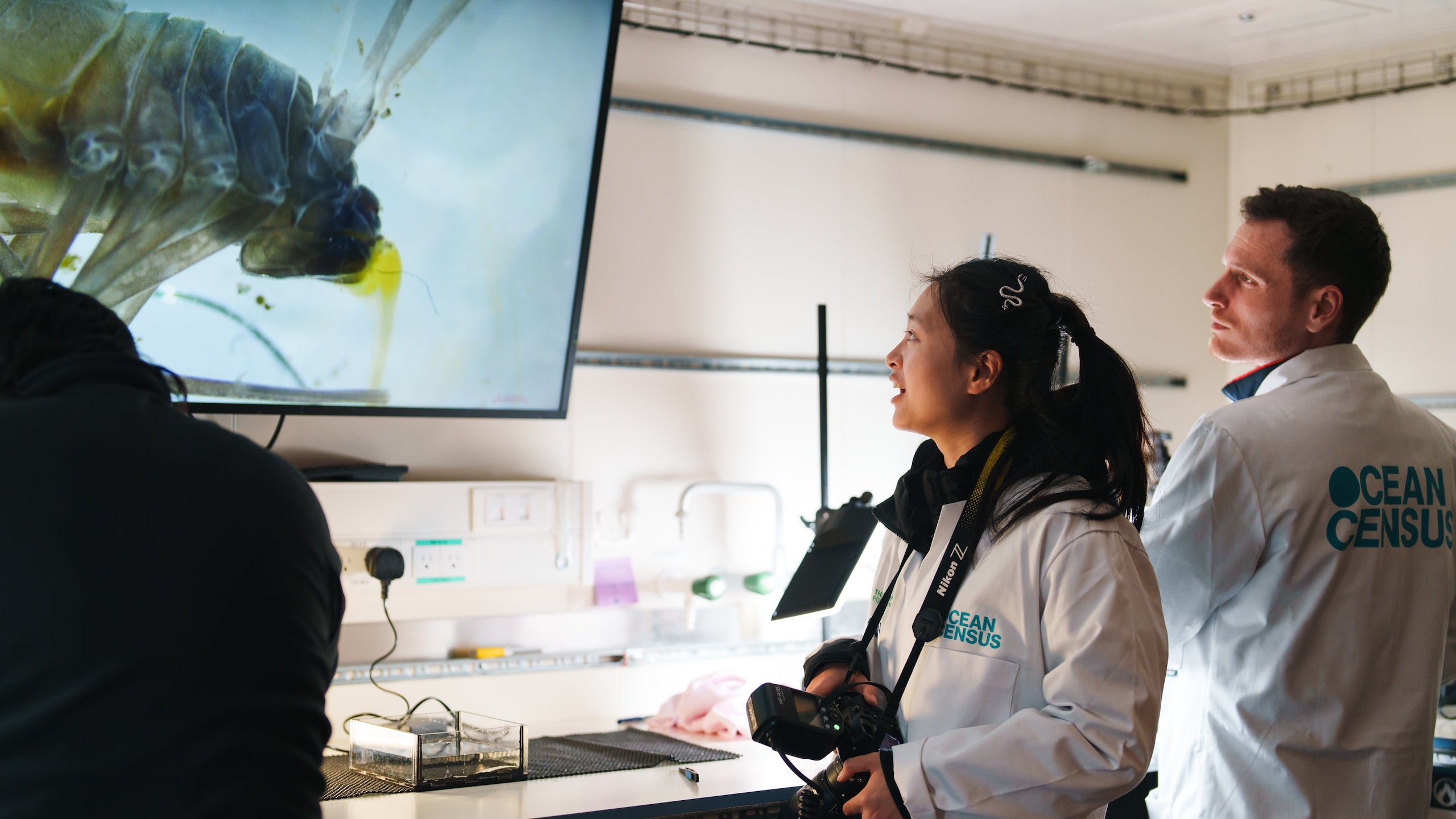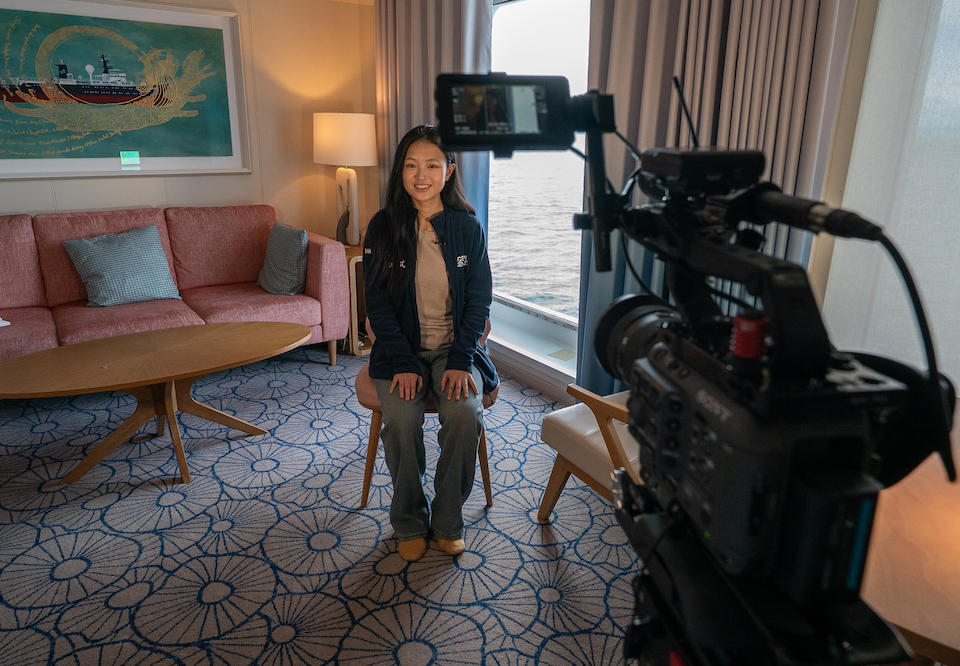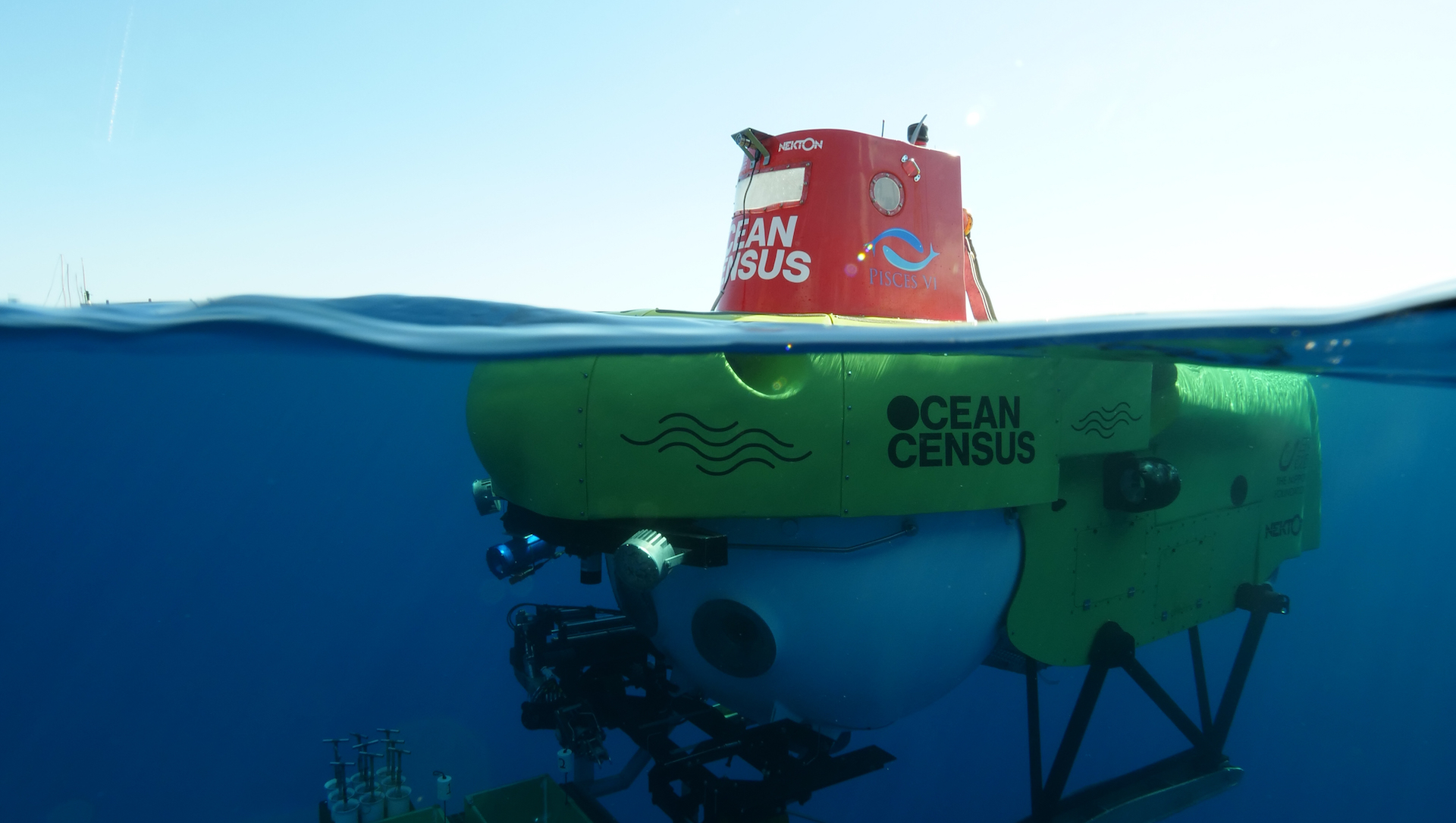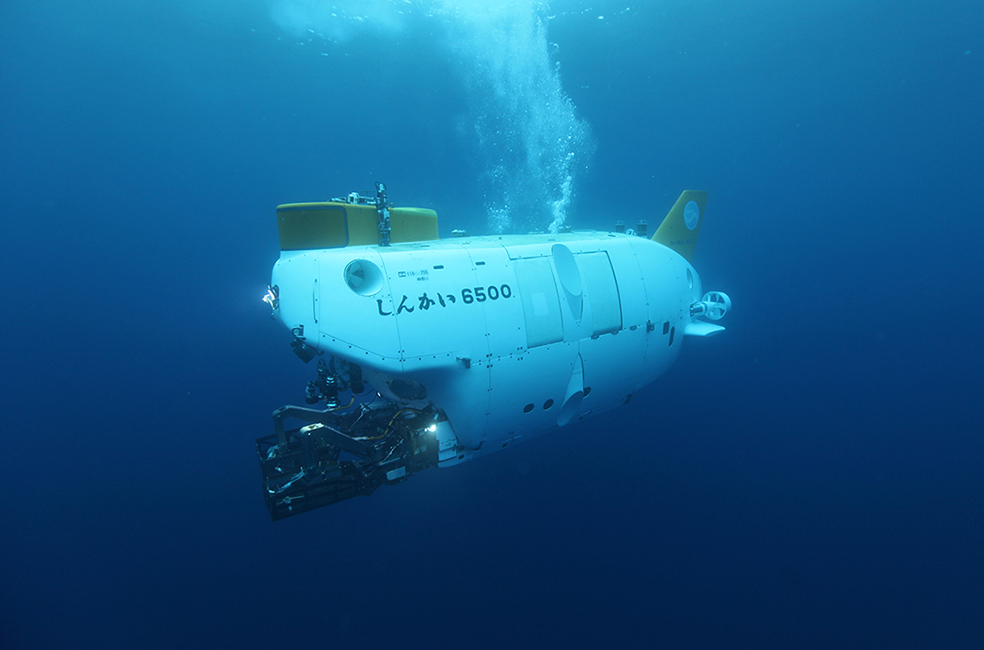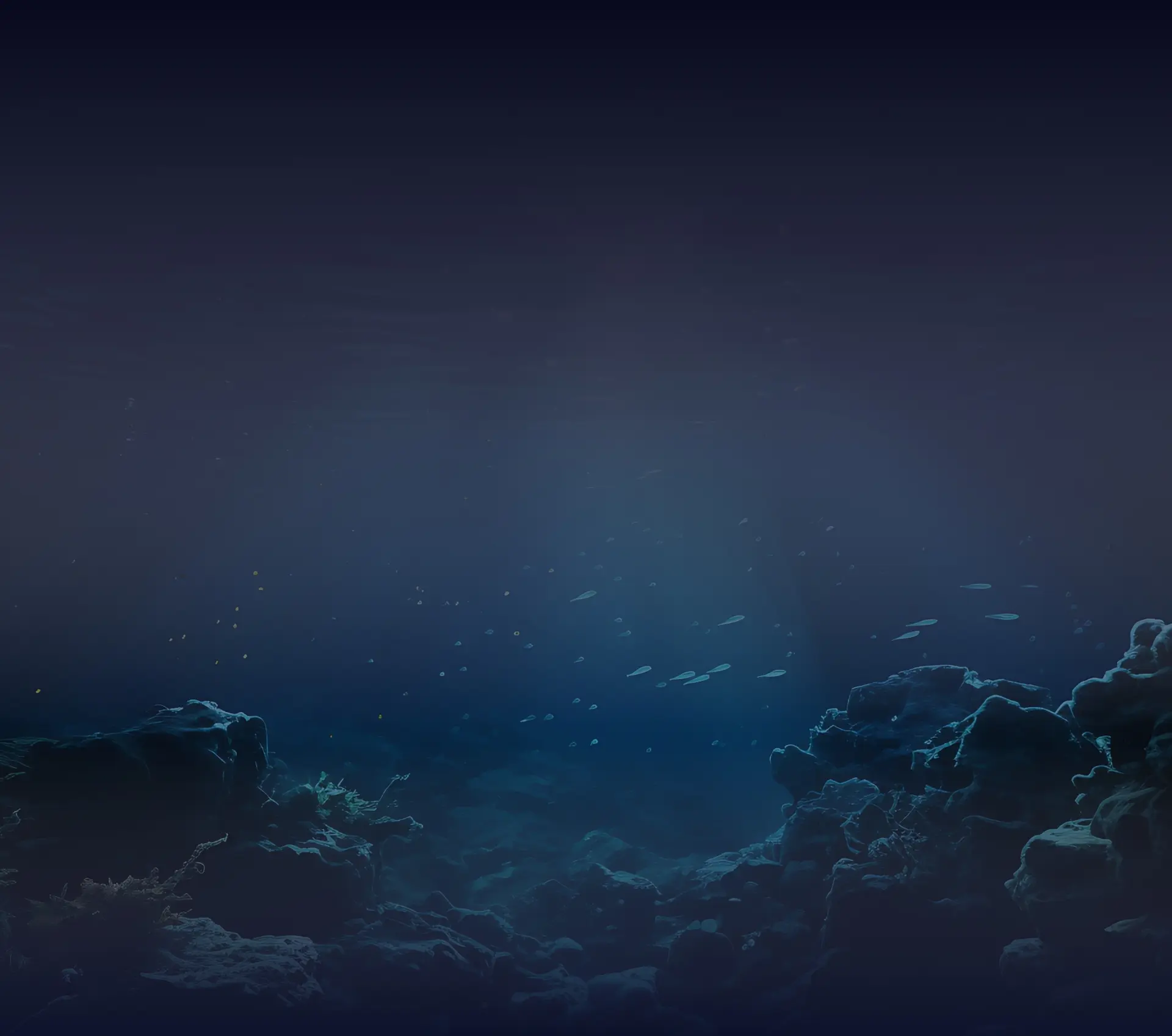
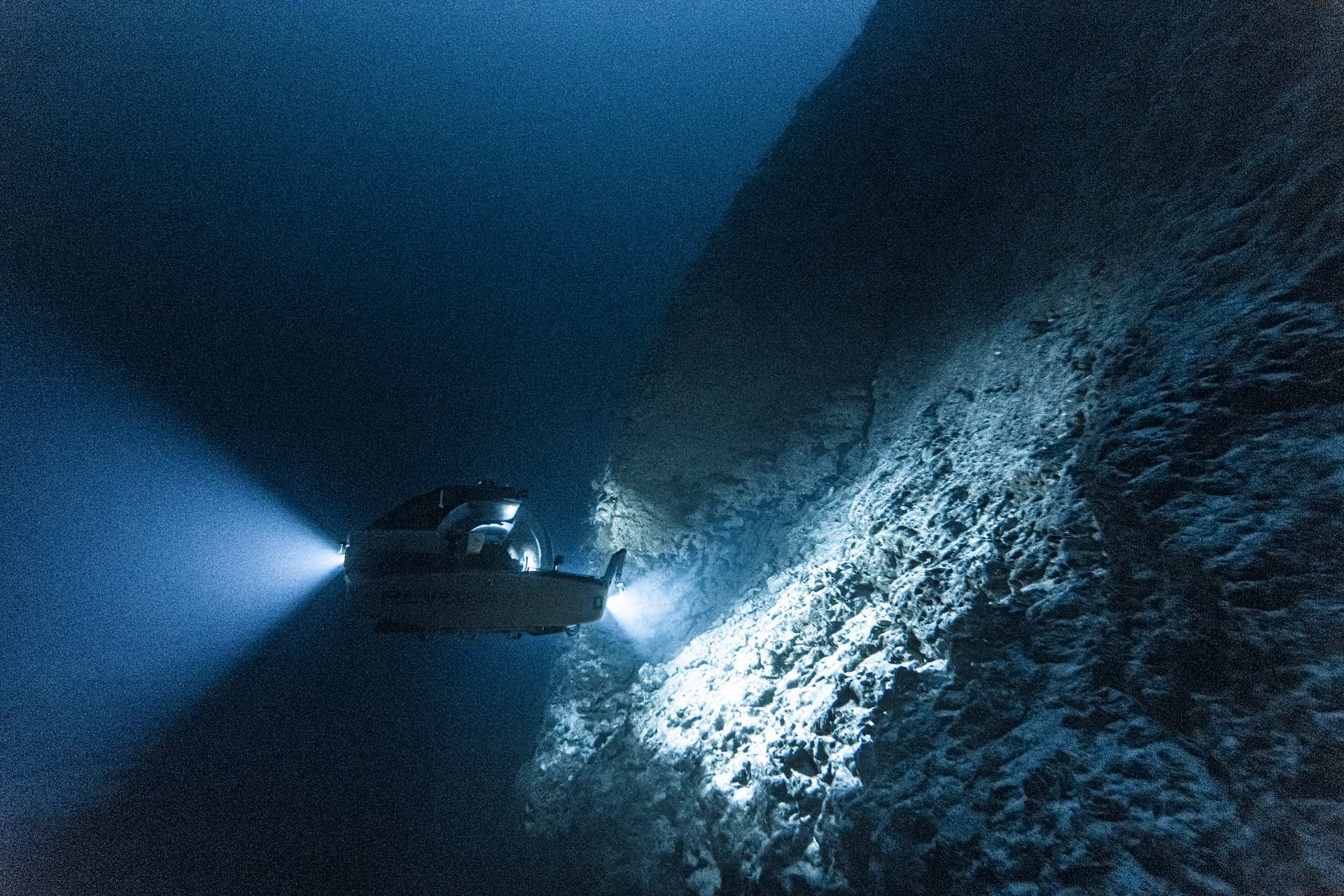
Diving Deep with Marine Ecologist Verity Nye

Diving Deep with Marine Ecologist Verity Nye
From Midlands to Mid-Ocean Ridges: Diving Deep with Marine Ecologist Verity Nye
“Sometimes it’s only when we look back and see the big picture that we understand how each part of our lives has led us to exactly where we need to be.”
Verity Nye is a marine ecologist with a keen focus on biodiversity, life-history biology, and biogeography, particularly within the enigmatic deep sea. She has embarked on field expeditions spanning the Atlantic, Pacific, and Caribbean. Notably, Verity undertook a pioneering mission in a deep-diving submersible to volcanic vents situated at a staggering depth of 2.3 km in the Caribbean.
Her research has unveiled intricate patterns of life and life-cycles within deep-sea chemosynthetic ecosystems, leading to the discovery and elucidation of previously unknown species. Verity’s expertise has informed the UN International Seabed Authority, and she boasts a rich background in marine management within England. Additionally, she played a pivotal role in the creation and presentation of the Massive Open Online Course ‘Exploring our Oceans’, aiming to share her research with a broader audience. We recently caught up with Verity, who has just begun her journey with Ocean Census as our Science Coordinator this September.
Growing up in the heart of England, what initially sparked your fascination with the marine world, especially the deep sea?
VN: I grew up much too far away from the sea for my liking, and lived for trips to Cornwall with my family but made do with sampling nearby rivers, lakes and streams when I couldn’t get to rockpools. I loved Geography at school, especially learning about mid-ocean ridges and spreading centres.
How did your studies in Geography at King’s College London ignite your passion for marine ecology, especially the fascination with mid-ocean ridges?
VN: I didn’t realise it did at the time, although it led me into diving and then my first diving expedition in the Philippines. Sometimes it’s only when we look back and see the big picture that we understand how each part of our lives has led us to exactly where we need to be.
You spent several years as an underwater photographer and videographer in the Bahamas. How did this experience influence your decision to delve deeper into marine research, especially the mysteries of the Tongue of the Ocean?
VN: Spending so much time underwater and getting to know the marine life of those shallow seas was wonderful, yet my curiosity about life in the deep sea grew as the Tongue of the Ocean’s secrets were tantalisingly close but beyond my depth range (if only I’d had a copy of Gage and Tyler back then!).
Your work has led to the discovery and description of new species in deep-sea chemosynthetic ecosystems. Can you share one of your most memorable discoveries and its significance?
VN: On my first expedition during my PhD I was fortunate to be part of the team that discovered previously unknown hydrothermal vents in the Cayman Trough. At that moment of discovery I forgot all about the science and watched in wonder. The discovery of vent shrimp and the other species living at those vents helped us to understand more about the patterns of life in the deep sea. Those shrimp were new to science and were the first of several new species I described from those vent fields. Discoveries such as these can ultimately enable us to answer fundamental questions such as why and how life evolved in such seemingly hostile environments.
Tell us about your experience undertaking the first mission in a deep-diving submersible to volcanic vents at 2.3 km depth in the Caribbean. What challenges did you face, and what did you uncover?
VN: A practical challenge was bladder management (the alternative was to wear a nappy!) but also staying completely focused for more than 7 hours to make sure the pilot and co-pilot were in the right locations and we could get the samples, measurements and images we needed. Time goes very quickly down there and there was a lot to do. Being down there changed my perspective because you’re in amongst it all and get a much better sense of the geography of the environment you’re in, the species living in it and their behaviour.
You were part of the team that developed the Massive Open Online Course ‘Exploring our Oceans’. Why do you believe it’s essential to educate the public about marine life, and what impact do you hope the course will have?
VN: We all live on the same planet and it’s important we all understand how our lives impact the ocean and marine life. Our society can’t exist in its current form without nature, yet nature is facing increasing impacts from human activities. Sharing our work, including discoveries of new marine life and environments, can inspire people and raise awareness of issues amongst the public and policymakers.
With your contributions to the UN International Seabed Authority and your experience in marine management in England, how do you envision the future of marine conservation and its challenges?
VN: We face numerous challenges, including climate change, over-exploitation, and invasive species but also new threats from mining – not just for manganese nodules but seabed massive sulphides, phosphate deposits and cobalt-rich manganese crusts. As well as a global warming crisis we are also facing a biodiversity crisis. We need to understand the distribution of life to have any chance of effectively managing human activities in the ocean. Ocean Census aims to accelerate the discovery of life in the ocean and encourage the public to promote sustainable ocean stewardship. Although the challenges we face are immense I remain positive about the future because I believe that by working together we can overcome these challenges.
What excites you the most about being a part of the Ocean Census team, and how do you see your expertise contributing to the team’s mission?
VN: Discovery and exploration is exciting but what really excites me is the aim of our mission. I want to use the time I have left on this planet to make a difference and contribute to a better future. We can all achieve more working together than working alone. I think having experience of taxonomy helps me to understand the challenges faced by taxonomists and appreciate the value of the work taxonomists do.
Throughout your journey, who or what has been your greatest inspiration in marine ecology? And how would you advise young enthusiasts looking to make a mark in this field?
VN: That’s easy. Of course there are inspiring books a lot of us have read and I could reel off a load of names from those but there are three people I’ve had the pleasure of working with, learning from and spending time with that have been my greatest inspiration and fundamental in my journey: Paul Tyler, Jon Copley and Cindy Van Dover. I don’t know that I can give advice on making a mark but I would say commit to doing what brings you joy and work hard at it, do it with love and believe in yourself.
We’re inviting experts in taxonomy, marine biology and related fields to join the Ocean Census Science Network.
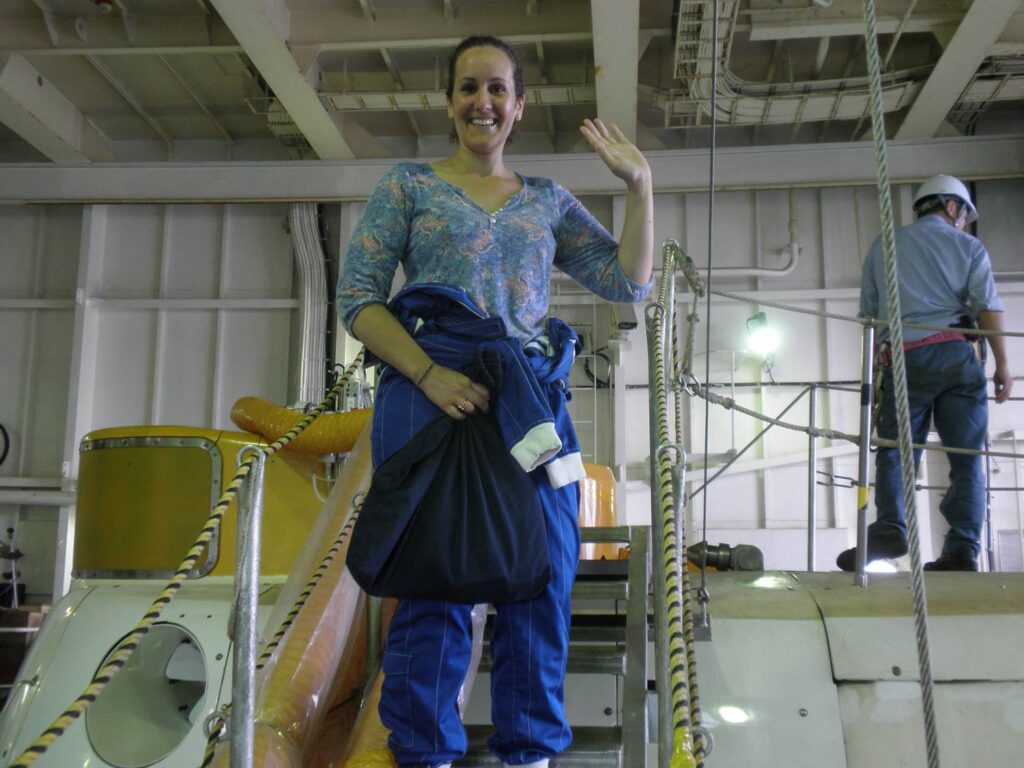
Join the census
An Alliance of scientists, governments, marine research institutes, museums, philanthropy, technology, media and civil society partners.
